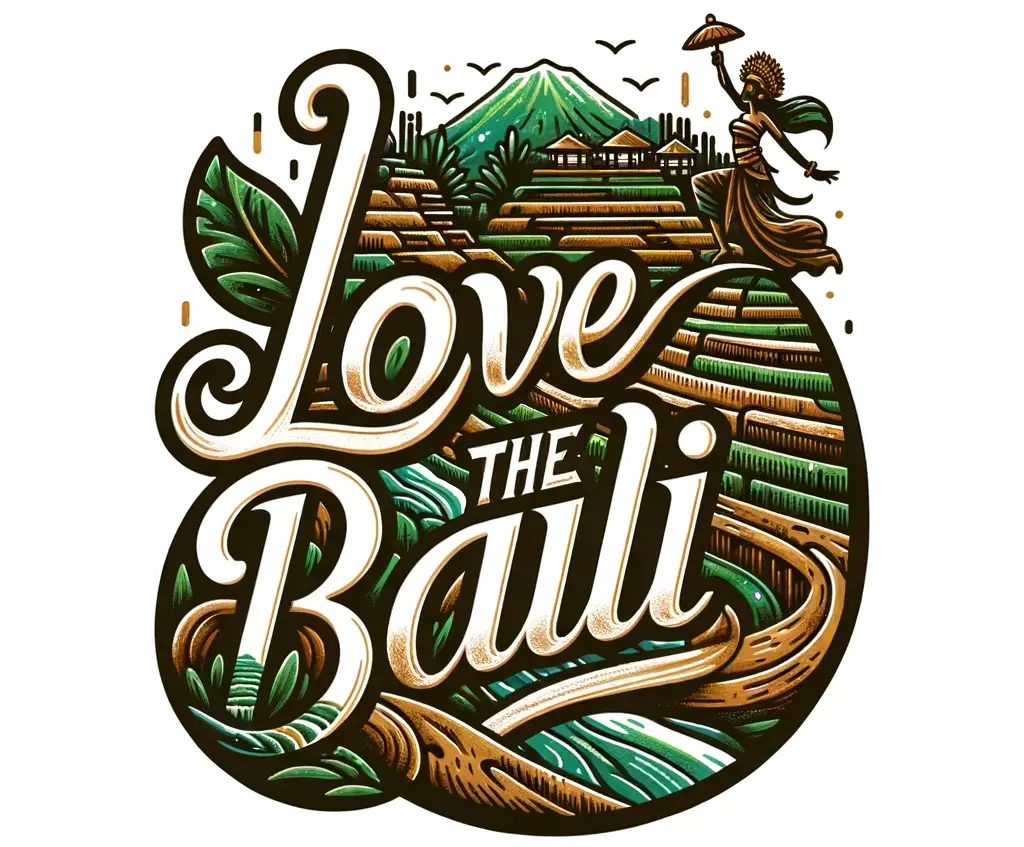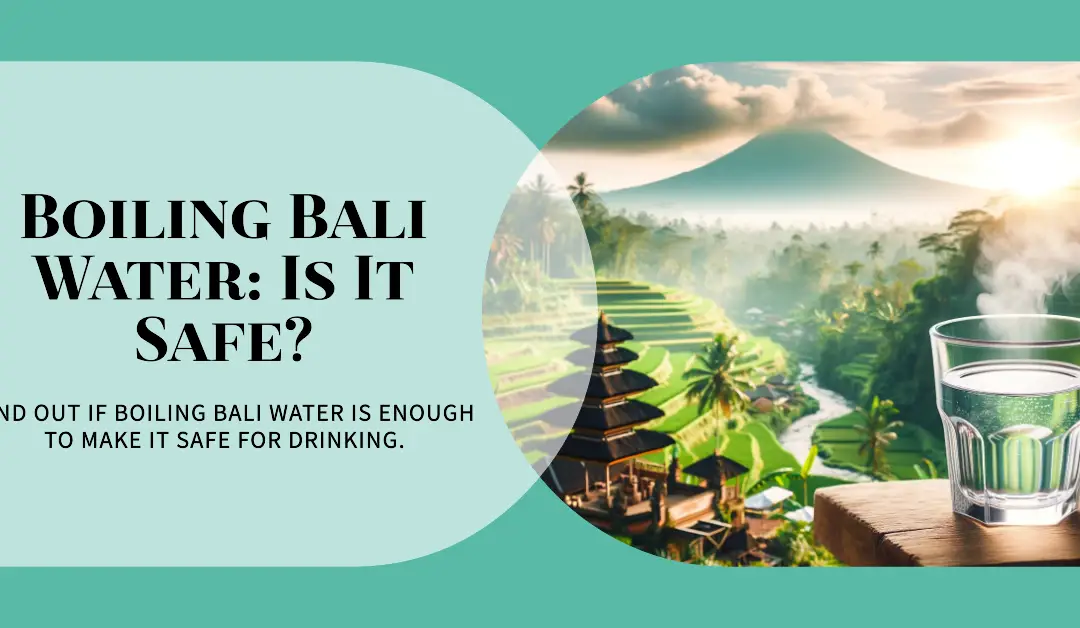Bali’s stunning beaches, lush jungles, and vibrant culture draw over 6 million visitors per year, making it one of the top tourist destinations in Southeast Asia. However, many travelers have concerns about the safety of Bali’s tap water. Can you drink boiled Bali water without getting sick? Here is a comprehensive guide to water safety in Bali.
Overview of Bali’s Water Quality
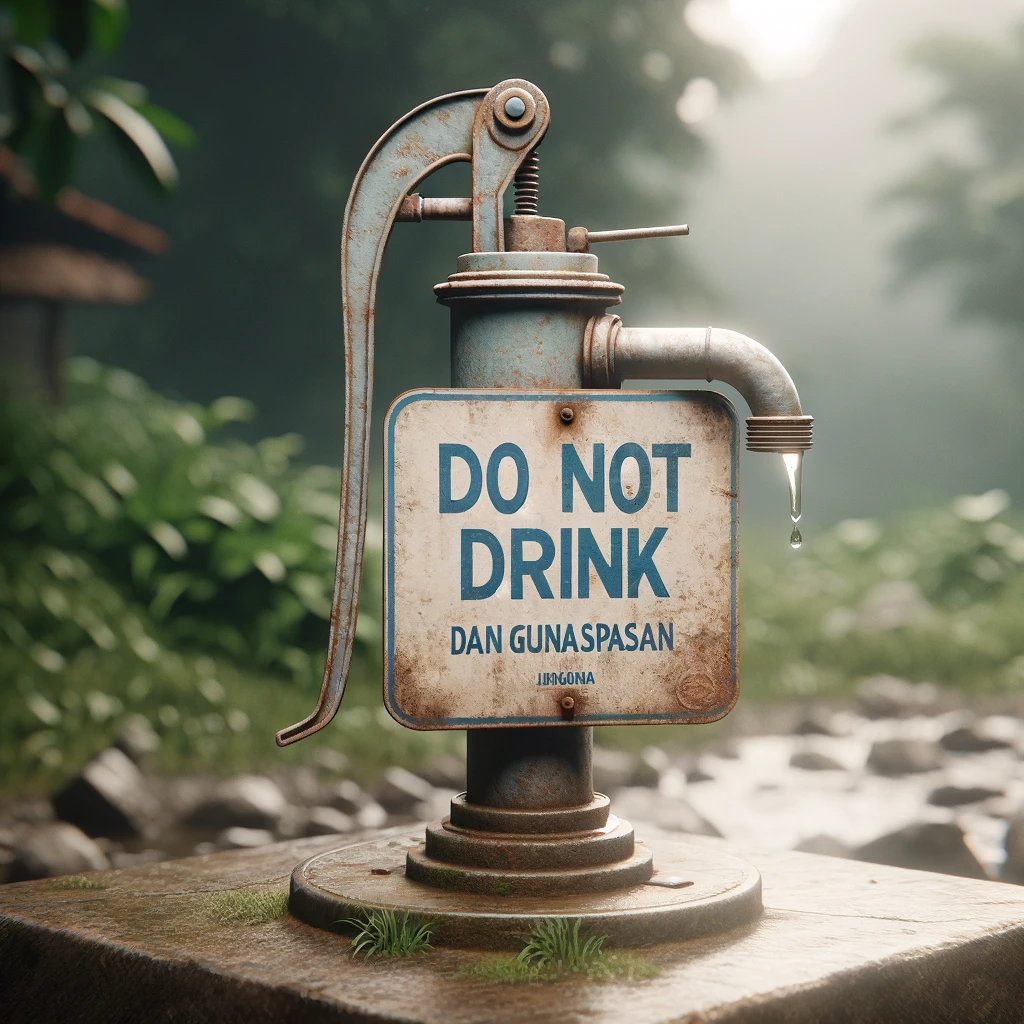
In general, the tap water in Bali is considered unsafe to drink due to contamination issues. The water supply often contains harmful bacteria, viruses, parasites, and chemicals that can cause illnesses like diarrhea, typhoid, and hepatitis A.
The main factors contributing to Bali’s water contamination problems include:
- Outdated and inadequate water infrastructure, including leaky pipes that allow contaminants to enter the water supply.
- Lack of proper sewage treatment, allowing sewage to seep into groundwater and rivers.
- Pollution from industry, agriculture, and solid waste contaminating surface and groundwater.
- High rainfall washing contaminants from streets and soil into water sources.
Even locals in Bali do not drink the tap water directly. They either boil it first or buy bottled water for consumption.
Is Boiling Water an Effective Purification Method in Bali?
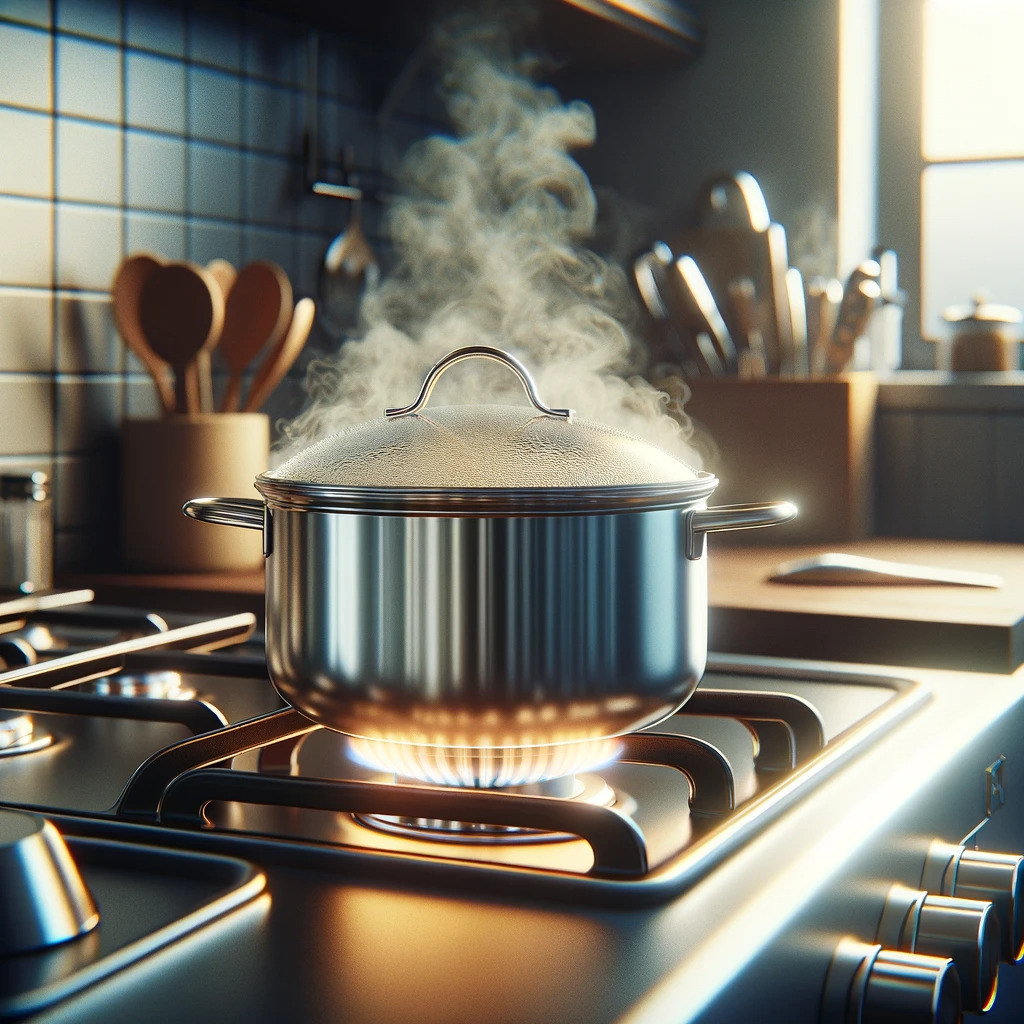
Boiling water is one of the simplest and most effective methods to kill disease-causing pathogens like bacteria, viruses, and parasites.
According to the World Health Organization (WHO), water should be brought to a rolling boil for 1 minute to ensure disinfection. Some sources recommend boiling for 3-5 minutes to be extra safe.
Boiling water breaks down and kills pathogens in several ways:
- High temperature – Most pathogens cannot survive extended exposure to temperatures above 70°C or 158°F. Boiling brings water to 100°C or 212°F, high enough to kill most pathogens.
- Protein denaturation – The high heat denatures and deforms the proteins in pathogens, effectively killing them.
- Dehydration – Boiling causes the cells of pathogens to lose water, dehydrating and killing them.
Multiple studies have confirmed boiling as an effective treatment for contaminated water. Simply bringing water to a rolling boil is sufficient to make most water sources potable and safe to drink.
Recommended Guidelines for Boiling Bali Water
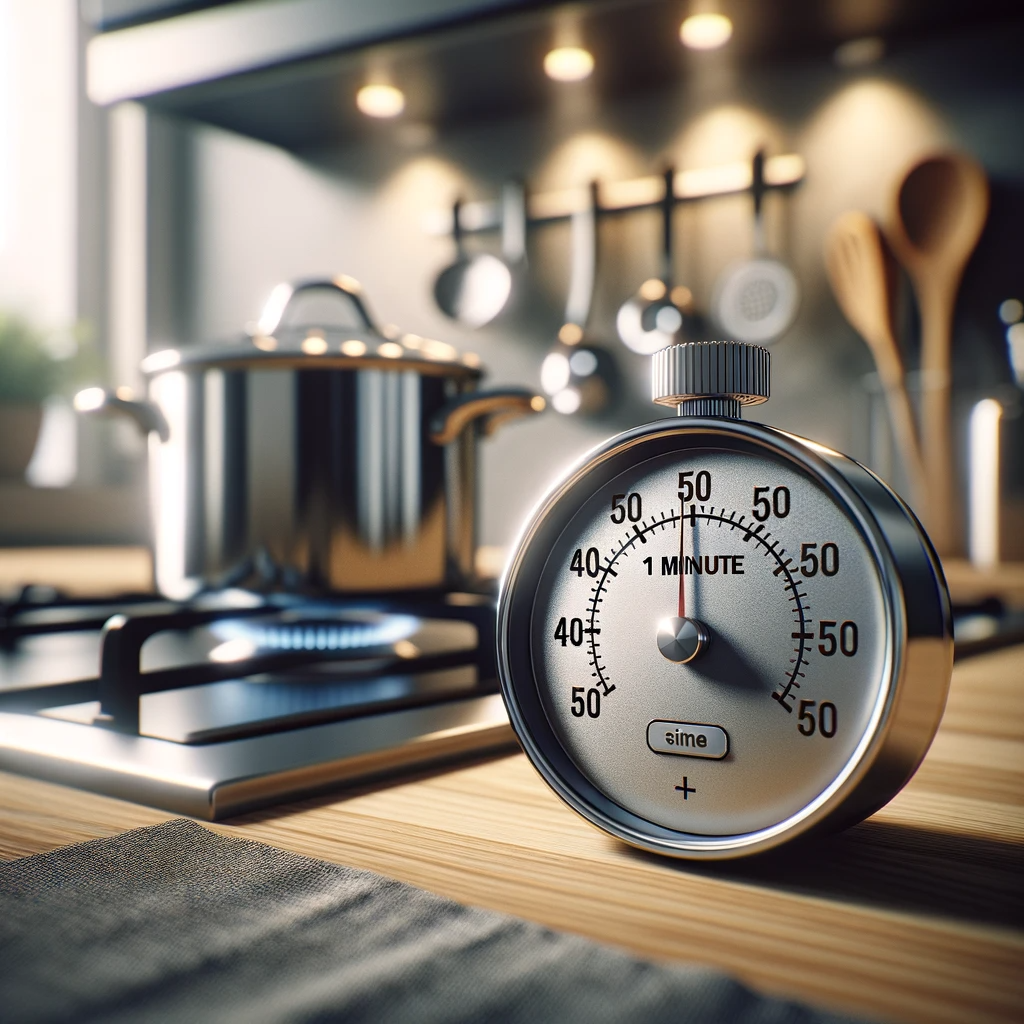
To ensure full disinfection, WHO and travel health experts recommend the following guidelines for boiling water:
- Bring water to a vigorous, rolling boil for at least 1 minute. Bubbles should be rising rapidly from the bottom to the top.
- Boil tap water, well water, or any untreated water collected directly from streams, lakes, etc. Water bought in sealed bottles is likely already disinfected.
- Use an electric kettle, stove-top pot, or any clean cooking vessel. Avoid using contaminated containers.
- Keep the pot lid on to prevent re-contamination while boiling.
- Let the boiled water cool before drinking to avoid burns.
- Store boiled water in a clean, covered container out of reach of contaminants.
- If at high altitude above 2000m or 6500ft, boil for 3 minutes to compensate for lower boiling point.
- When in doubt, boiling for 3-5 minutes is recommended to provide an extra margin of safety.
Boiling water for the recommended time and following proper storage guidelines will kill all types of pathogenic bacteria, viruses, protozoa, and worms that can cause waterborne diseases.
Health Risks of Drinking Untreated Bali Water
Drinking Bali’s tap water without boiling or other effective treatment poses significant health risks, including:
Bali Belly
The most common illness afflicting travelers in Bali is the infamous Bali belly, the local term for traveler’s diarrhea. The culprit is usually pathogenic bacteria, viruses, or protozoa picked up from contaminated food or water.
Symptoms include abdominal cramps, nausea, vomiting, loose stools, fever, and dehydration. While usually resolving within 3-5 days, Bali belly can disrupt travel plans and activities.
Typhoid and Paratyphoid Fever
These potentially serious illnesses are caused by Salmonella typhi and paratyphi bacteria transmitted through contaminated water or food in Bali. Symptoms include high fever, headache, nausea, diarrhea, and rash.
Hepatitis A and E
Both hepatitis A and E viruses can spread through contaminated water. Symptoms include fever, fatigue, loss of appetite, nausea, vomiting, and jaundice.
Cholera
Cholera is rare but possible to contract from heavily contaminated water sources in Bali. It causes severe watery diarrhea and can be fatal if untreated.
Parasitic Infections
Protozoa like Giardia lamblia and Cryptosporidium can cause persistent diarrhea lasting over 2 weeks. Helminths like roundworms, whipworms, and hookworms are also common in Bali’s water.
Chemical Toxicity
Chemical pollutants from agriculture and industry may be present in some water sources at unsafe levels in Bali. Long-term exposure can lead to health issues depending on the type of contaminant.
Boiling water effectively kills all these pathogens and reduces the health risks for travelers. However, boiling does not remove chemical pollutants, so the source water should be avoided if chemical contamination is a concern.
Taste and Methods to Improve Boiled Water

One downside of boiling water is that it alters the taste. Some describe boiled water as flat or bland tasting compared to cool, fresh water.
Here are some tips to improve the taste of boiled water:
- Allow the boiled water to cool completely before drinking. Drinking hot water can scald your mouth.
- Add a squeeze of fresh lemon or lime juice. The acidity helps mask bland flavours.
- Mix in a small amount of fruit juice, honey, or maple syrup for flavour.
- Use mint or fruit like sliced cucumbers, berries, or citrus to infuse flavours.
- Try chilling boiled water before drinking for a refreshing taste.
- Run boiled water through a filter pitcher to improve taste. Filters won’t remove pathogens already killed by boiling.
- Use an activated carbon filter, which removes disinfectant byproducts that can cause off-flavors.
With these tips, you can make boiled Bali water taste fresh and pleasant for drinking.
Safe Water Storage after Boiling
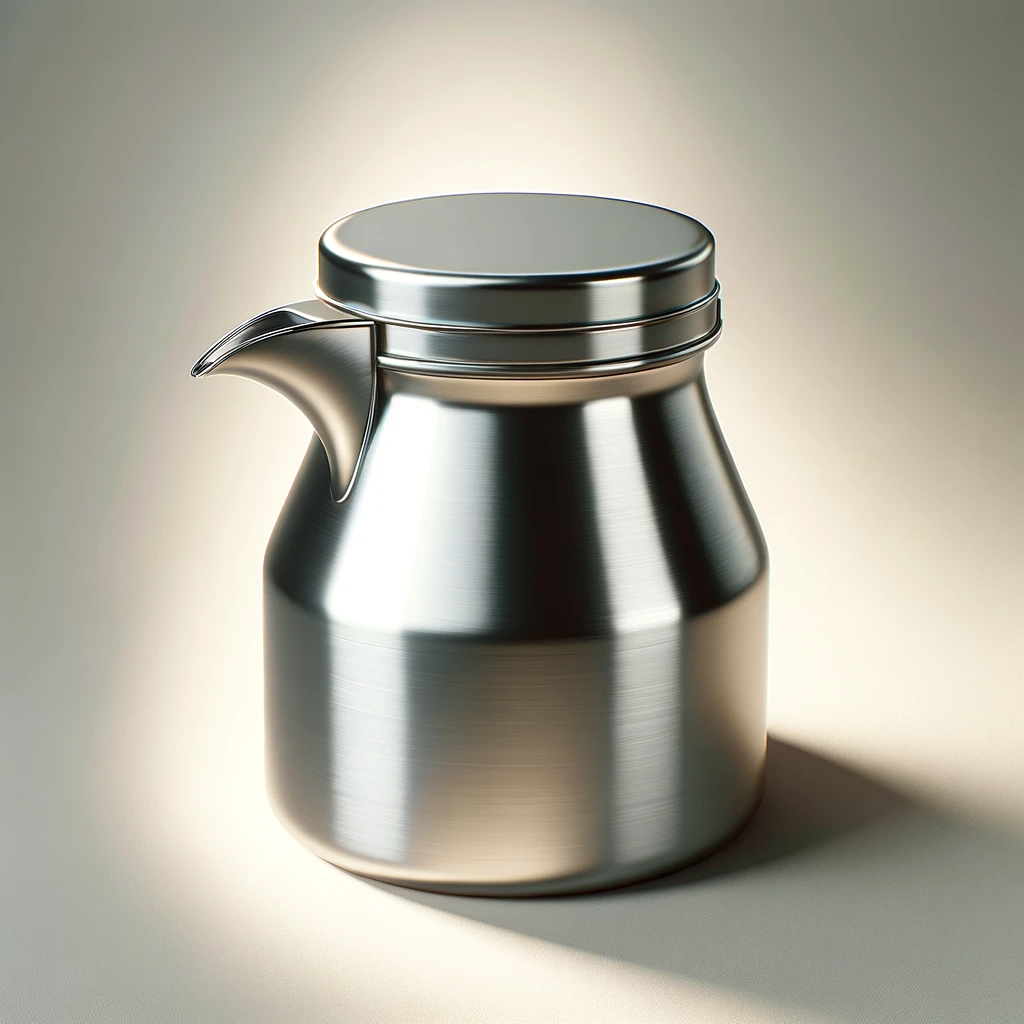
Proper storage is crucial to keep boiled water free of contamination. Follow these WHO guidelines:
- Store in a clean, covered container, ideally with a narrow mouth and spout.
- Do not use containers that previously stored unsafe water or other liquids.
- Dispense water using a clean cup or utensil – do not dip dirty hands or objects into stored water.
- Keep container in a cool place away from sources of contamination.
- Only store boiled water for 24 hours maximum to prevent re-growth of pathogens.
- Do not store in sunlight, as UV rays can damage plastic containers and harbor bacterial growth.
Proper post-boil handling and storage are just as important as the boiling process itself. Contaminated storage containers or unhygienic handling practices can re-introduce pathogens.
Boiling Water for Cooking vs Drinking

It is crucial to distinguish between boiling water for drinking versus cooking purposes while in Bali.
Water boiled for cooking, washing produce, making ice cubes, brushing teeth, etc. does not need to be stored afterwards. Boiling kills pathogens on contact during the cooking process.
However, for direct drinking, the boiled water must be stored properly in a clean container. Otherwise, any pathogens introduced during handling or storage can be ingested.
Take care not to drink water boiled for cooking without proper storage, as it could still harbor some microbial contamination. The safest practice for drinking is boiling water and then dispensing it from a clean storage container.
Other Water Purification Methods in Bali
In addition to boiling, other effective water purification methods include:
- Water filtration – Using a filter certified to remove bacteria and protozoa. Be sure to replace filters regularly.
- Solar disinfection – Exposing water in clear bottles to sunlight for at least 6 hours.
- Chlorination – Adding a small amount of chlorine bleach if the water is clear.
- Iodine tablets – Adding tablets containing tetraglycine hydroperiodide that kill bacteria and viruses.
- UV purification – Using a UV light device to damage pathogens’ DNA and kill them.
- Ozonation – Ozone gas bubbled through water damages pathogens’ cell membranes.
Boiling remains one of the simplest, most accessible methods for individual travelers. But the above techniques provide options for purifying larger quantities of water.
Is Bottled Water in Bali Safe?
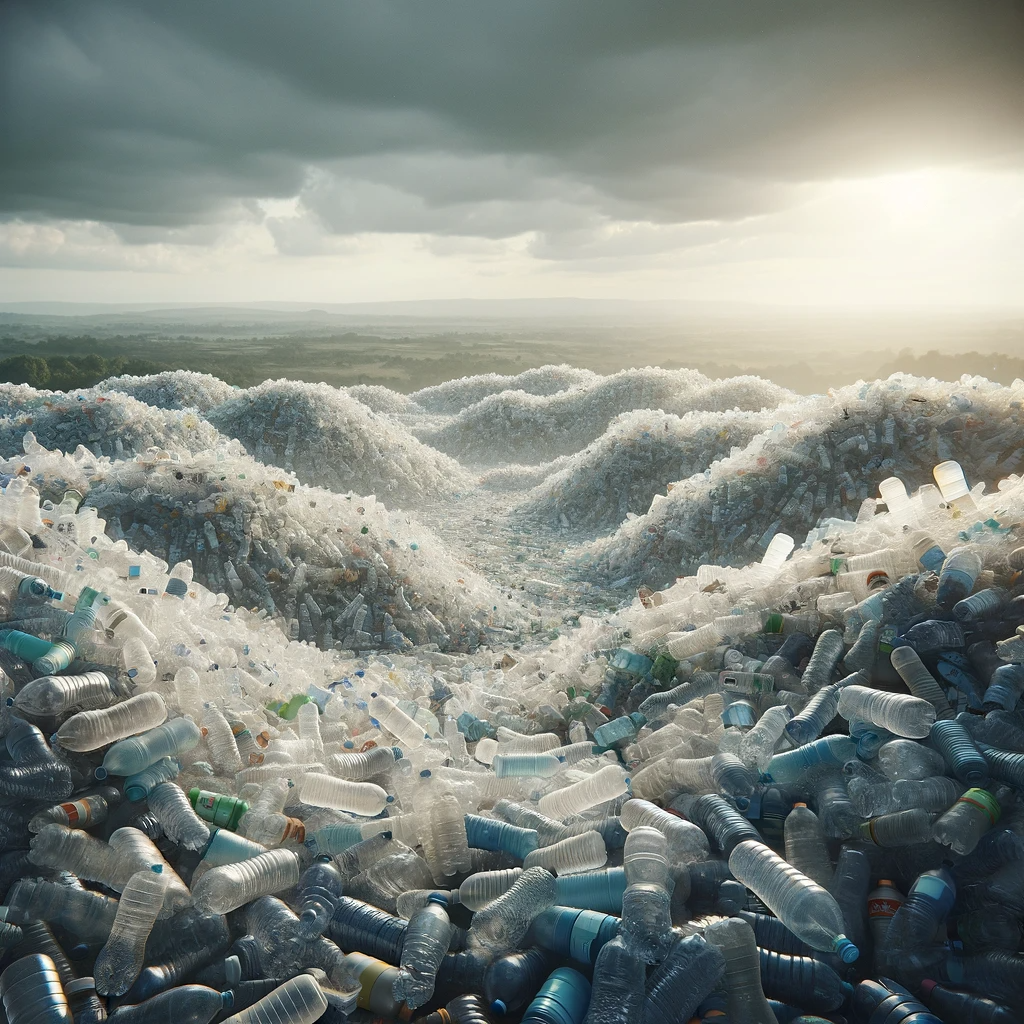
Many tourists drink bottled water in Bali rather than boiled tap water. However, bottled water has some risks that are worth considering:
- Plastic waste – Bottled water produces huge amounts of plastic waste harming Bali’s environment.
- Carbon emissions – Transporting bottled water has a large carbon footprint.
- Unknown treatment – Bottled water often comes from the same or similar sources as tap water. The treatment methods used are not always disclosed or verified.
- Chemical leaching – Storing water in plastic bottles can cause endocrine-disrupting chemicals to leach into the water over time.
The WHO acknowledges that bottled water quality cannot be guaranteed consistently in many regions. When opting for bottled water, check that the bottle has an intact seal and was properly handled. Glass bottles avoid risks of plastic chemical leaching.
Overall, boiling tap water remains a safer choice that avoids plastic waste and supports Bali’s local water infrastructure.
Travel Water Safety Tips for Bali
To stay healthy in Bali, travelers should take these additional precautions with water:
- Drink only boiled or bottled water. Avoid tap, well, stream, or other untreated water.
- Use boiled or bottled water when brushing teeth.
- Avoid ice cubes in drinks unless made from boiled or bottled water.
- Avoid raw, unpeeled fruits and vegetables rinsed with tap water.
- Choose hot cooked foods and fruits you can peel yourself.
- Check that drinking water in hotels or restaurants is purified or boiled.
- Consider a portable water purifier or UV treatment device.
- Always wash hands before eating and after using the bathroom.
Following the above tips for drinking water along with practicing good hygiene can help travelers avoid Bali belly and other illnesses.
Travel Checklist: Drinking Water in Bali
To safely enjoy Bali’s plentiful water activities, use this checklist:
- Pack a water bottle and fill it only with boiled or bottled water. Carry it with you throughout the day.
- Bring a portable water purifier or filtration device if spending time away from shops.
- Store boiled tap water in cleaned, sealed containers and limit storage time.
- Order hot tea and coffee rather than cold drinks made with tap water.
- Ask for no ice or request ice made with boiled water.
- Use bottled water when brushing teeth.
- Shower, swim, and play in the ocean and pools, but avoid swallowing any untreated water.
- Eat only peeled or cooked fruits and vegetables.
- Wash hands frequently, especially before meals.
Taking these simple precautions allows travelers to safely enjoy Bali’s many water activities and natural beauty while avoiding illness.
Conclusion: Is Boiled Bali Tap Water Safe to Drink?
While Bali’s tap water contains contaminants that make it unsafe to drink untreated, boiling is an effective method to eliminate pathogens and make the water potable. To stay healthy in Bali, travelers should:
- Boil tap water for at least 1 minute (3-5 minutes to be extra safe) before drinking.
- Properly store boiled water in clean, sealed containers out of contaminants’ reach.
- Use bottled water as an alternative if the source is reputable.
- Avoid swallowing any untreated water, including ice cubes.
- Practice good hygiene by washing hands frequently.
Following the recommendations to boil or disinfect water, travelers can safely experience Bali’s lush beauty without risking Bali belly or other illnesses. While bottled water is convenient, boiling tap water is the most environmentally friendly and cost-effective choice. With proper precautions, travelers can fully immerse themselves in Bali’s captivating culture and enjoy the island’s plentiful fresh water.
